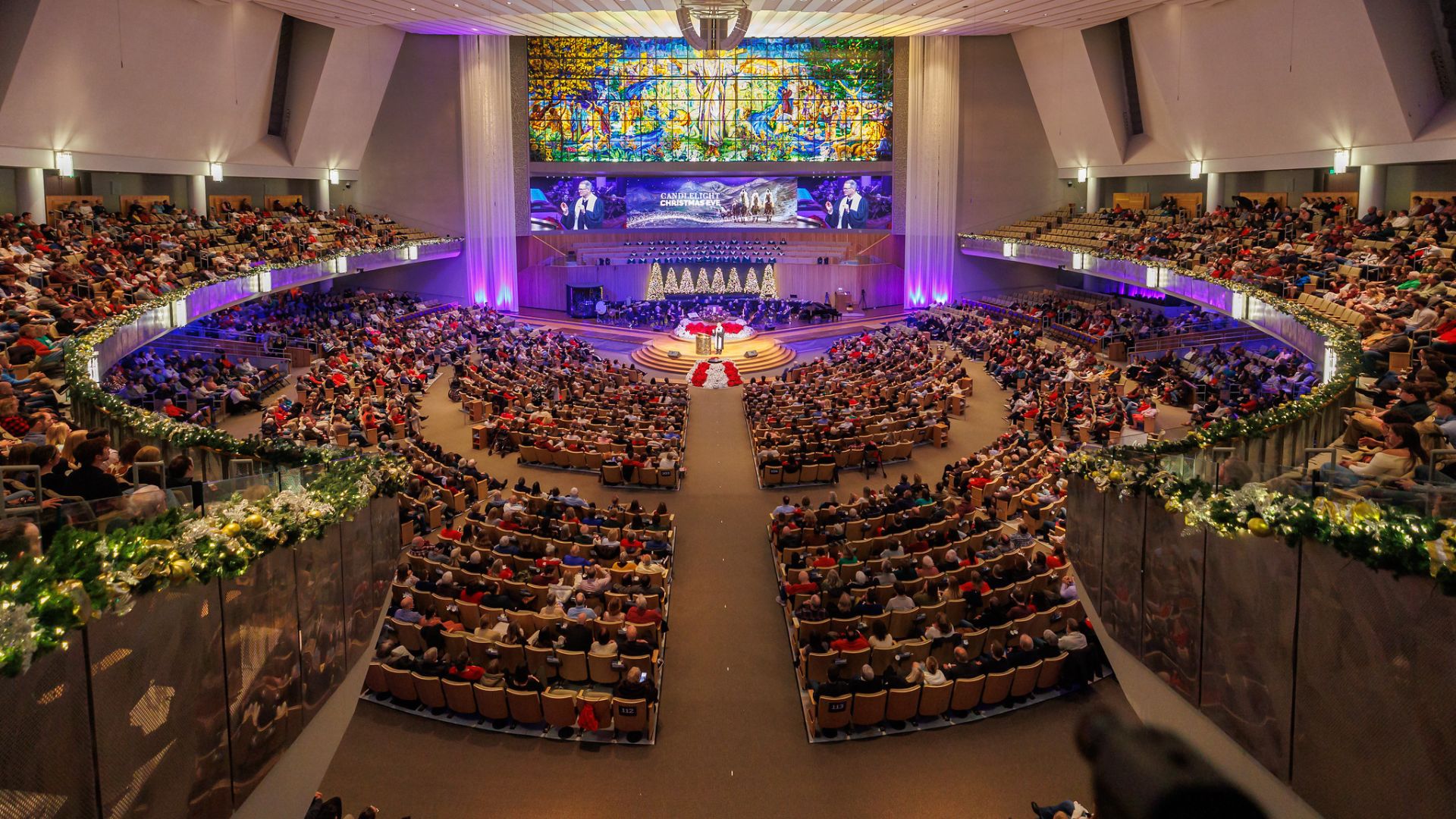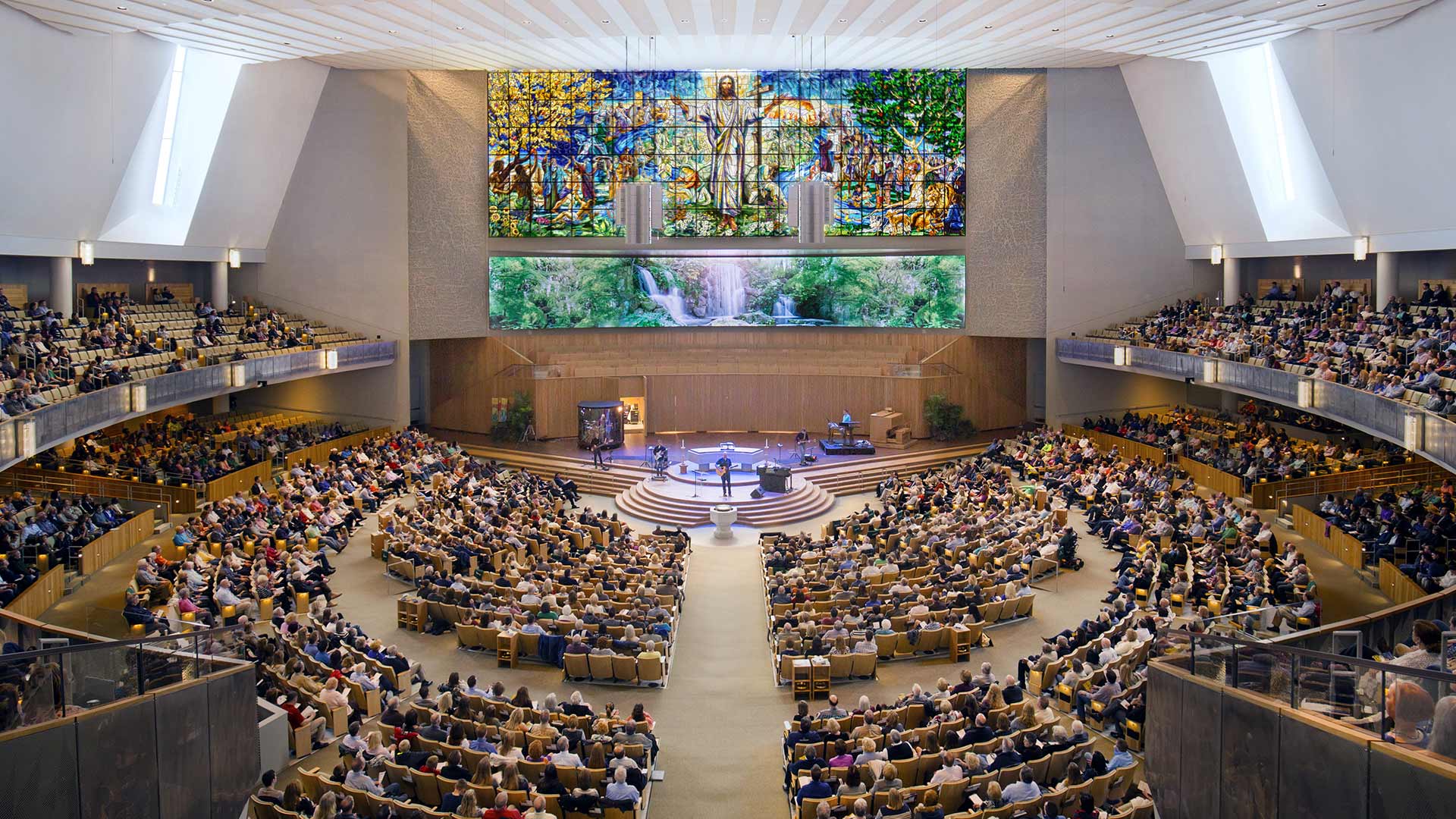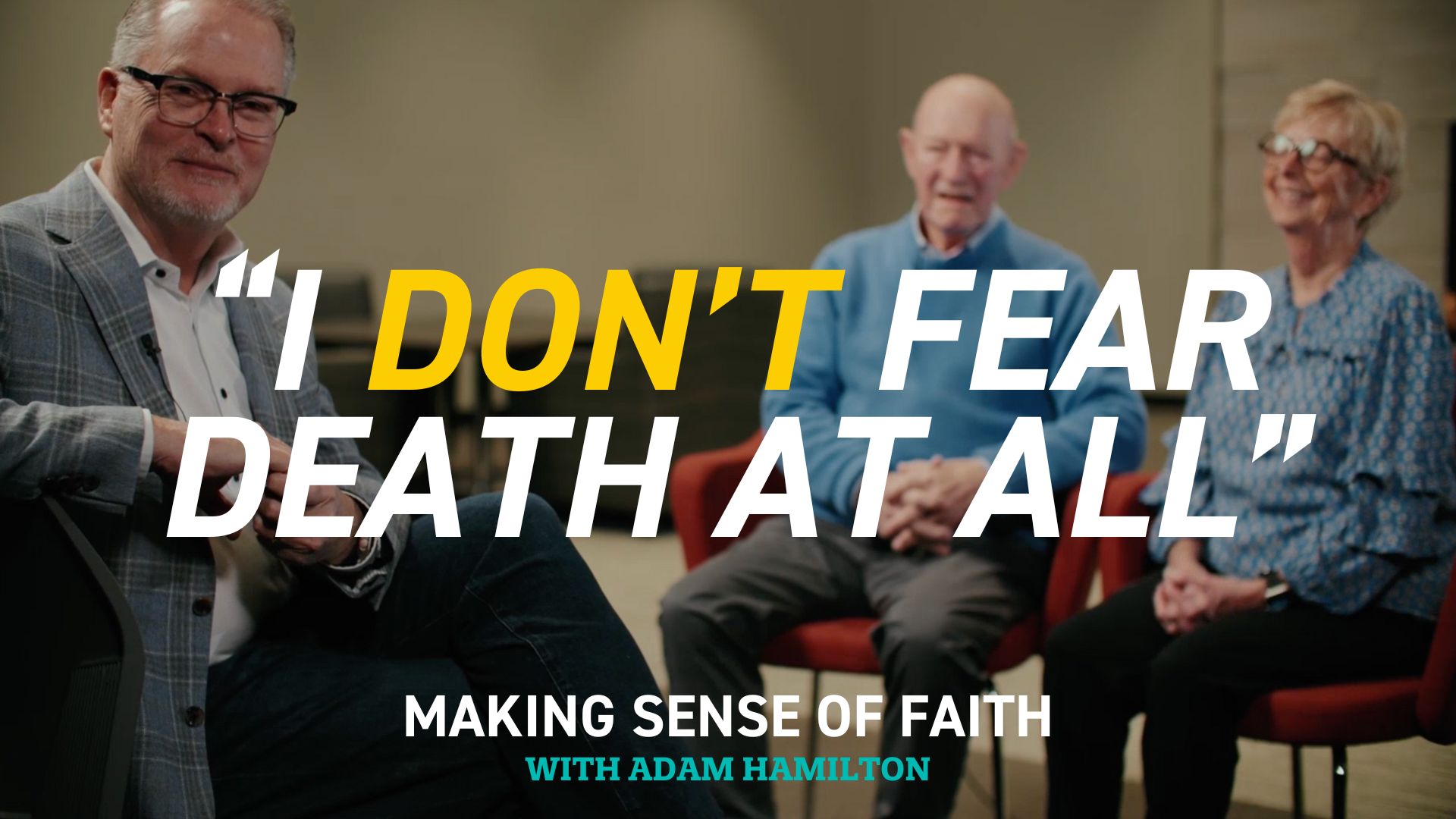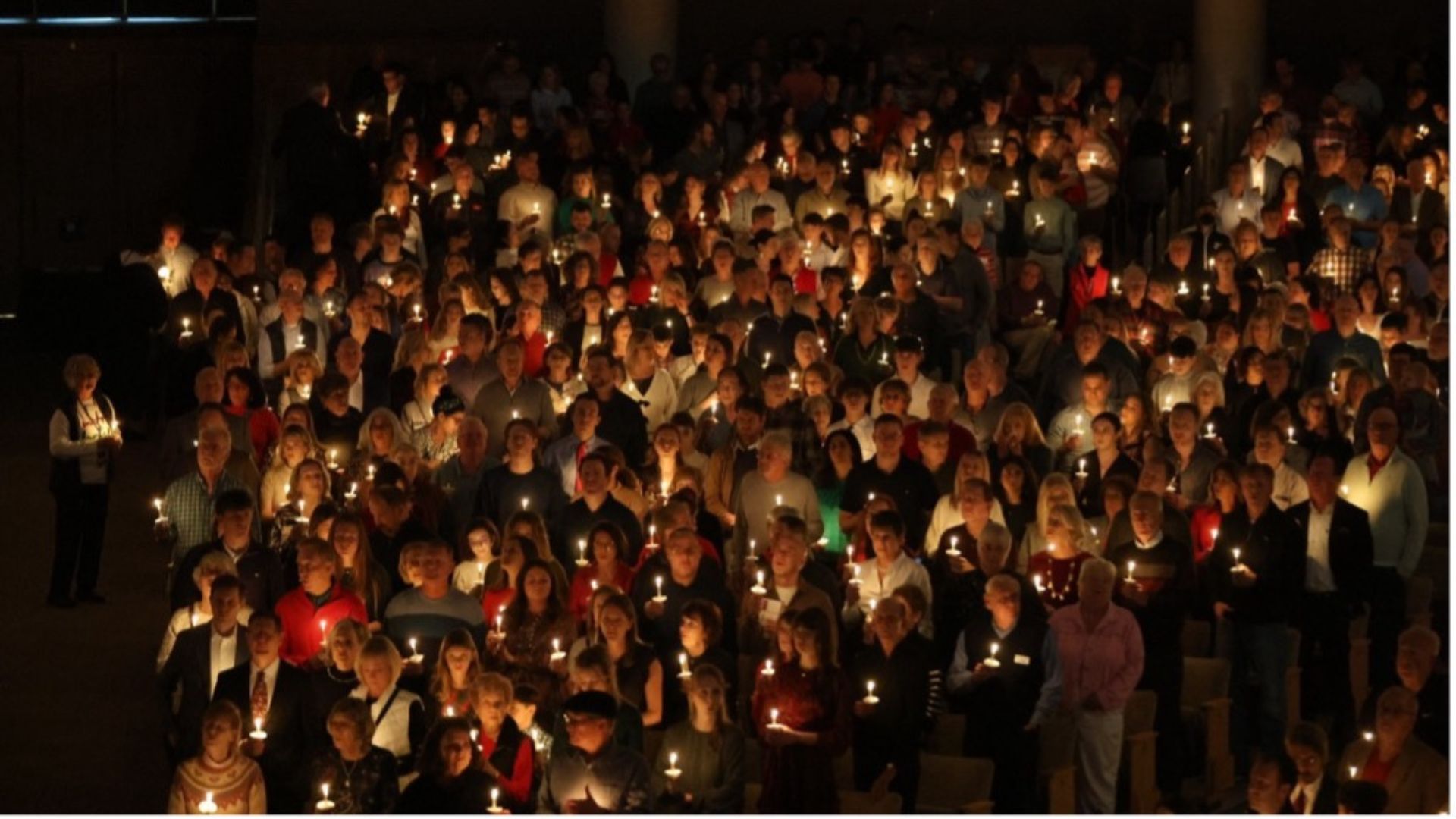At Resurrection, we believe in science.
We do not see the beginning chapters of the Bible as contradicting what science has learned about the origins of our physical world. Rather, we understand those foundational stories as using archetypal images to point to the spiritual realities behind the pain and brokenness in our world, and to God’s loving, gracious intention to keep moving the world to its intended wholeness despite human failures to live that out. As we often say around here, “You don’t have to check your brain at the door of the church.”
The twin Genesis stories of the creation of our world (Genesis 1:1-2:3, 2:4-3:24) provide a picture of how God desires the world to be. These archetypal stories said that when God created the world and everything in it, God created it to be whole, complete and in harmony. It was full of peace. God created the earth entirely good and gave humans a vital role to play within creation.
Genesis said the creator God placed humans in a garden called Eden. Adam and Eve represented humanity, made in God’s image as the culmination of God’s good creation. Symbolically, the name Adam meant “humankind” and Eve meant “living” or “life giver.”
Life for those first humans in God’s garden was full of purpose.
Humans, Genesis said, were created to “subdue” and “rule over” God’s creation. That language meant humans were to take care of the earth, not exploit or abuse it. God was allowing and empowering humans to play a vital part in making sure that the world remained good or whole, as God meant it to be. Their task was to steward all that God had made thoughtfully, carefully, and gently, to be the image of God to the whole world. It was to live out the purpose for which God created them. Carrying out this God-given purpose was what Genesis meant when it spoke of humans being made “in the image of God.”
Not many places in the Middle East were filled with trees, but Genesis said that first garden was. (The word “paradise” came from a Persian word describing the gardens kings planted for their own enjoyment.) Trees were not just beautiful—they produced fruit and sustained life. Genesis 2 named two trees in particular, trees full of archetypal meaning—the tree of life, and the tree of the knowledge of good and evil. With a whole garden available, God instructed the humans to avoid only the tree of the knowledge of good and evil. They already knew good so all that tree could give them was knowledge of evil. With God’s blessing, humans were to live in the garden of Eden and take care of it, free from the knowledge of evil. Humans shared a relationship with God, self, others, and the world marked by peace, wholeness, and love—the essence of a “very good” creation.
The Genesis writers (and all the Bible writers after them) believed God’s divine nature is complete, holy love. One aspect of this holy love was that God created humans with the freedom to love God or not, because love is not love unless it is given freely. So along with the potential of love came the possibility that humans would choose not to love God.
God gave humans a will free to make real choices with real consequences.
Genesis 3 told the heart-breaking next chapter of the story in archetypal images that are almost universally recognizable. It’s very unlikely that snakes could ever talk, but how clearly people recognize the idea of a voice whispering, “Did God really say?” Genesis said humans became convinced that God did not actually have their best interests at heart. They chose to rebel, to eat from the tree God asked them not to eat from, and thus to make themselves aware of evil as well as of good.
When humans chose to rebel against God, to claim, in effect, that they could live as “god” over their own lives, the world was no longer whole, but broken. Humans now found themselves making choices that resulted in darkness, brokenness, and sin. Human hearts were dislocated, separated from God’s. After opening their minds and hearts to the presence of evil, Genesis said, the humans felt shame. They felt vulnerable and afraid, and tried to hide their sin and themselves from the loving God who had created them. They began to avoid responsibility, blaming each other and even (by implication) God. Jealousy, hatred, and violence soon followed—in Genesis 4, Cain murdered his brother Abel.
But another key Biblical theme began in the Genesis 3 story.
Even as humans distrusted God by rebelling against the divine direction for a good life, God didn’t write them off, but came looking for them.
Again, the Genesis story reflected instantly recognizable realities. When God asked why they were hiding, the humans’ response was filled with blame. First they blamed one another, then the serpent, then God for giving them the freedom to choose. This response echoes all the way to today—humans still yield to an inner tendency to live for self, to try to be their own “god.” And they still blame others and God for mistakes and bad choices. The storytellers, writers and editors of Genesis knew that people often want to blame God for allowing evil, sin, and death. But, they said, those sad realities sprang from humans’ misuse of their God-given moral freedom. God wanted this world to be a paradise marked by holiness and righteousness, not brokenness and injustice.






